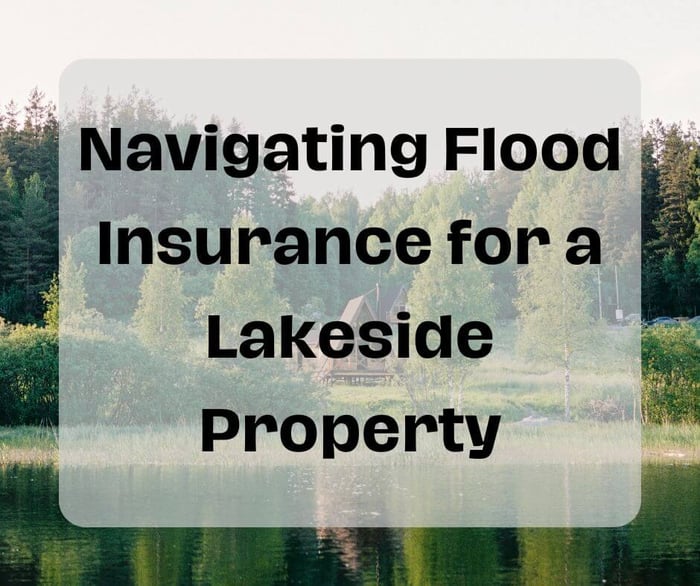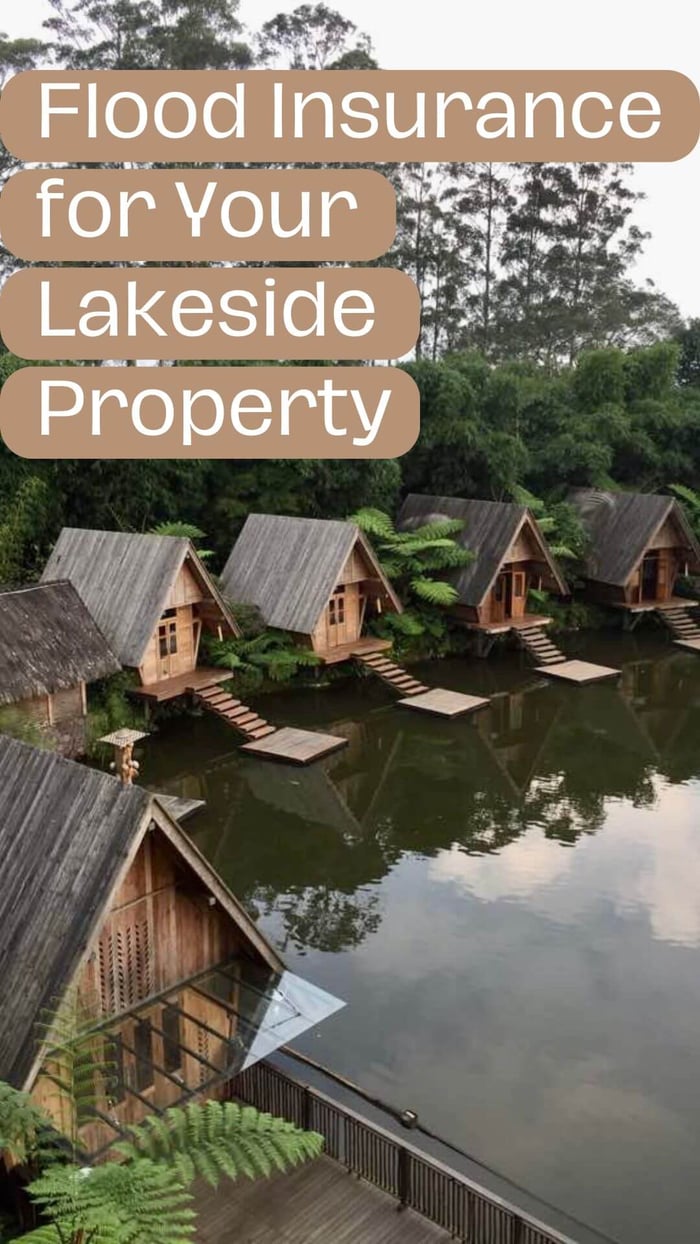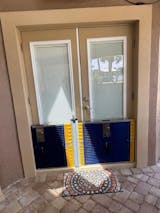Table of Contents
Living on the shores of North Carolina's stunning lakes is a dream come true for many. The serene views, the sound of water lapping at the dock, and the opportunity for endless summer fun are all part of the allure. However, with that dream comes the responsibility of safeguarding your investment, especially against the ever-looming threat of floods. Flood insurance isn’t just a checkbox on your home insurance—it’s an essential safety net that can save you from financial disaster when the unexpected happens. Let’s dive into some friendly, relatable tips, potential pitfalls, and crucial questions to ask your insurance agent when securing flood insurance for your lakeside property.
Understanding Flood Insurance Basics
Let’s start with the basics: what exactly does flood insurance cover? Most folks think any insurance means protection against any water damage, but that’s not quite the case. The National Flood Insurance Program (NFIP) provides flood insurance primarily for structural damage and contents within your home. However, not every water-related incident qualifies as a flood in the eyes of insurance. For instance, if your basement floods because of a backed-up sewer, that may not be covered unless you add specific endorsements to your policy. So, before you assume everything is covered, it’s wise to read the fine print!
Know Your Risk Level
The next step is understanding your flood risk. Insurance rates can vary dramatically depending on how likely your home is to be affected by flooding. Homes in designated Special Flood Hazard Areas (SFHAs) are often required to carry flood insurance, and they usually face higher premiums. Here’s how you can assess your risk:
- MapCheck Flood Zones: FEMA offers easy-to-read flood maps that show flood-prone areas. These can give you a clearer picture of where your property stands and help you gauge your insurance needs.
- Consider Historical Data: Talking to neighbors or checking local records can reveal how often floods have impacted your area. A little local knowledge goes a long way in assessing your risk!
Don’t Rely Solely on Your Agent
While your insurance agent can provide valuable insights, it’s essential to be proactive and do your homework. Here are a few things you might not hear from your agent right away:
- Shop Around: Not all insurance companies offer the same rates or coverage. Getting quotes from multiple providers is crucial to ensuring you’re not overpaying for similar coverage.
- Ask About Discounts: Many insurers offer discounts if you bundle flood insurance with other policies, like your homeowner’s or auto insurance. Make sure to ask if any discounts apply to you.
- Understand Policy Limits: The standard NFIP policy covers up to $250,000 for the structure and $100,000 for contents, but many private insurers offer additional coverage options. It’s essential to know your limits and options before making a decision.
How to Save Money on Your Insurance
We all want to save a little cash, right? Flood insurance can feel pricey, but there are ways to help manage those costs without sacrificing coverage:
- Elevate Your Home: If your property is in a high-risk area, elevating your home can lead to significant premium reductions. Even elevating utilities like water heaters and HVAC units can make a difference!
- Improve Your Drainage: Ensuring that your property has proper drainage to keep water away from your home can lower your risk level and, in turn, your insurance costs. It’s a win-win!
- Consider Floodproofing: Implementing floodproofing techniques—like installing barriers, using sump pumps, or sealing cracks—can make your home safer and may qualify you for discounts on your policy.
Flood Barrier Door Dam - Ultimate Flood Gate

$949.00
DAM EASY® FLOOD GATE - DOOR DAM Floods are becoming more common around the world. What was once a 100-year phenomenon is now a seasonal trend that homeowners must deal with. That’s EXACTLY why you need this Dam Easy Flood… Read More
Questions to Ask Your Insurance Agent
Before you finalize your insurance, don’t hesitate to ask your agent these key questions to ensure you fully understand what you’re getting:
- What exactly is covered? Clarifying coverage specifics can save you from nasty surprises later.
- What is the waiting period for coverage? Most insurance policies have a 30-day waiting period, so it’s essential to know when your coverage kicks in.
- Are there any endorsements I should consider? Ask about additional riders, like coverage for sewer backups or additional living expenses if you have to vacate your home due to flooding.
- How will claims be processed? Understanding the claims process can reduce stress when you need to file a claim. Knowing what to expect can make a huge difference!
Beware of Common Pitfalls
Even experienced homeowners can stumble into traps regarding flood insurance. Here are some common pitfalls to avoid:
- Assuming Your Homeowners Insurance Covers Flooding: Many homeowners mistakenly believe that their standard homeowners policy covers flood damage. Always verify your coverage before relying on it!
- Ignoring the Fine Print: Reading through your policy thoroughly is crucial. Important details can sometimes be hidden in the fine print, leading to unexpected issues when it’s time to file a claim.
- Not reviewing your policy annually: Flood risks can change due to new construction or climate changes. Make it a habit to review your policy every year to ensure it still meets your needs.
Importance of Local Knowledge
Having a good grasp of local conditions can significantly impact your insurance decisions. Here are some things to keep in mind:
- Connect with local experts: Networking with other lakefront property owners can provide valuable insights that you might not find from insurers. Joining local community groups or online forums can be a great way to exchange information and experiences.
- Stay Informed on Local Regulations: Keep an eye on local government announcements about changes in building codes or flood zone designations. This knowledge can help you stay ahead of potential insurance needs.
Conclusion
Insurance for lakeside properties is not just a necessity; it’s your lifeline when Mother Nature decides to throw a tantrum. By understanding the ins and outs of your policy, being aware of local risks, and asking the right questions, you can secure the best protection for your cherished home. Don’t leave your financial future to chance—become an informed homeowner! Your peace of mind will be well worth the effort.
If you have any questions or experiences to share, feel free to reach out. We’re all in this together, and knowledge is power!




















